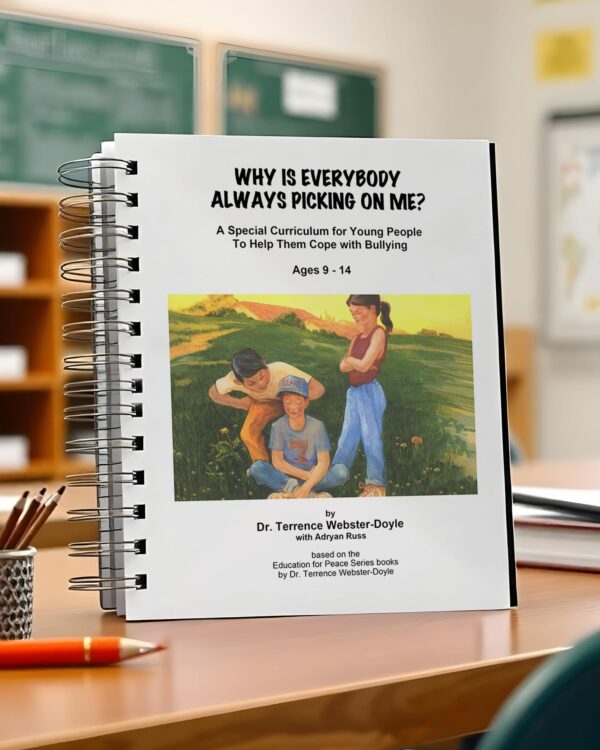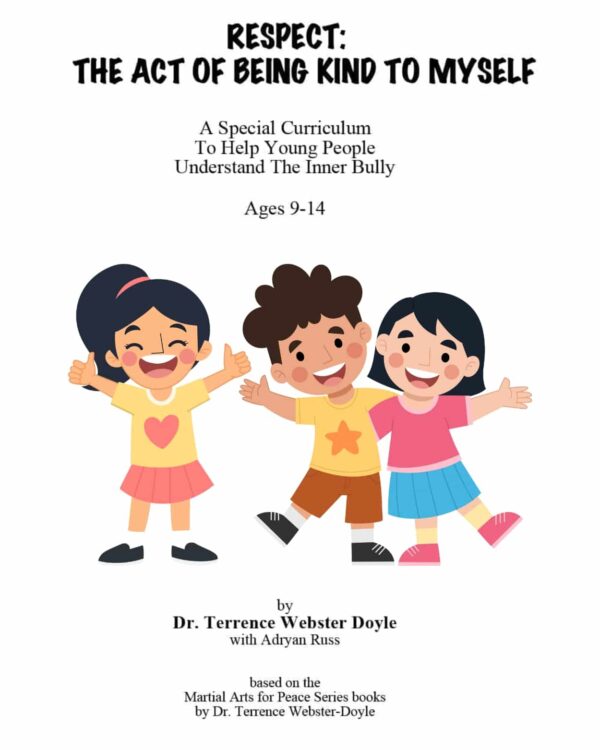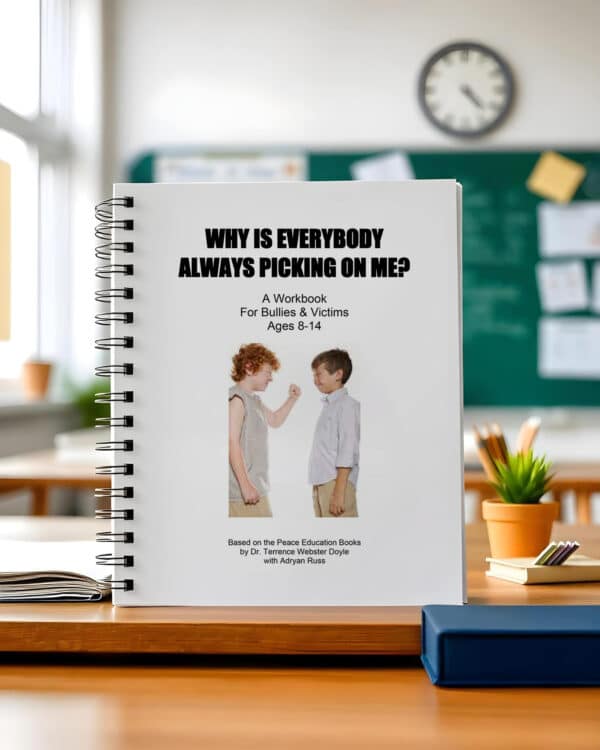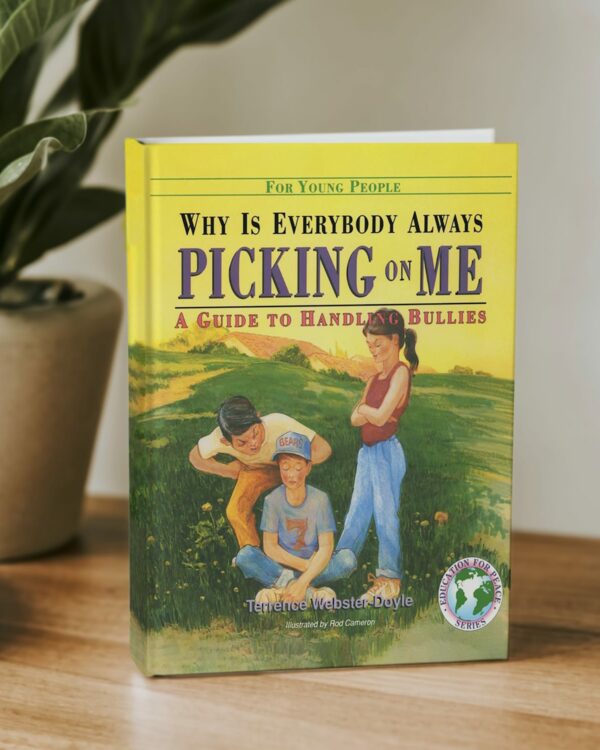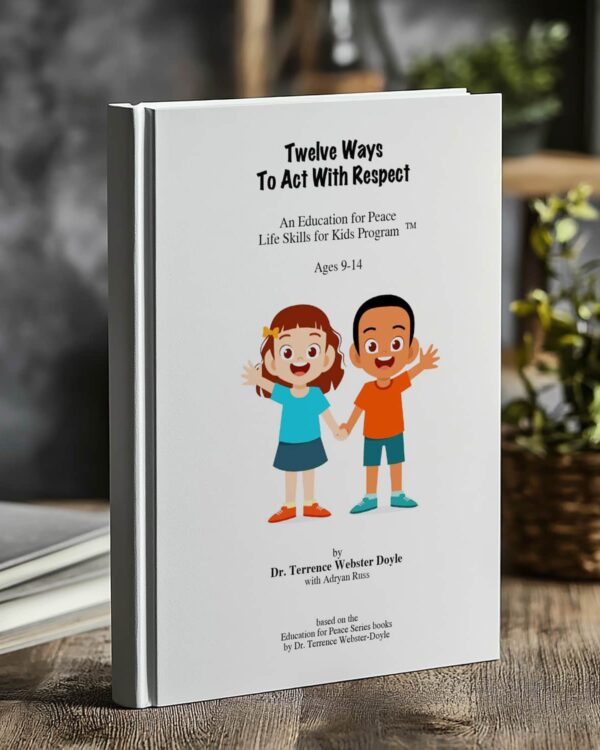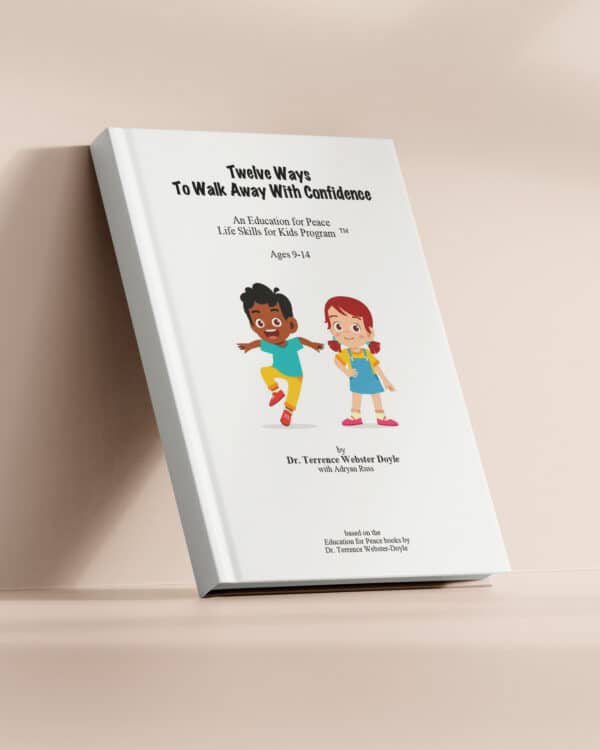Roots of Conflict Part II: Resistance, Self-Interest, and Hidden Motives

Inner and outer coflict are not very different, as was discussed in the previous article. The outer conflict becomes part of the inner, and the inner will be expressed openly at some point. There are some common elements in both forms of conflict. Looking at these may help us to get closer to the roots of conflict.
Resistance
Both types of conflict deal with what’s perceived as a “resistance” to our desired goals or outcomes. You might think that we’d want nothing more than to achieve our desired goals and enjoy our positive outcomes, but the fact is that there’s so much that gets in our way.
For instance, most couples experience disagreements in one or more areas. It may be personal habits, finances, religion, child rearing, and so on. I have definite views of how things should be done. I explain my views to my partner. If the partner disagrees, he/she will put forth their own strong views. We now are in conflict.
A part of me really wants to please my partner, which would mean agreeing with his or her views. Another part of me sees the value of doing things my way. We are in a bind. I resist doing what my partner wants, and my partner resists doing what I want.
Another example deals with my self-image. My neighbor has been dumping garbage on my lawn and denies responsibility. I want to get even with my neighbor by dumping my garbage on their lawn. This would be a mean thing to do.
I am itching for revenge, but at the same time, I want to maintain my image of being a “nice person.” I think most of us are familiar with this wanting to do something and yet resisting doing it.
When we’re in conflict, we’re either resisting another or resisting our own thoughts.
Self-interest
If you’re like me, you probably want to know, what you can do to minimize or end the conflicts in your life. My question to you is: Are you reading this article because of your personal need to end the pain that goes with conflict?
If you’re like me, the answer to that question is definitely yes. Yet, it is this very focus on gain that, in the past, may have prevented one from understanding the roots of one’s conflict.
When we’re primarily interested in getting a desired result, our attention shifts from learning about a problem, which is out resistance, to “What’s in it for me?”
Most of us have been taught by our parents and teachers how to deal with our problems.
How many times have we heard: “Don’t do this.” “Don’t do that.” “Think this way.” “Don’t think that way.” “Be positive.” Have these words of advice really helped? Probably not. Such advice does not teach us anything about ourselves, the creators of many of our problems.
When we’re in the middle of a conflict, we don’t have time to remember what someone else suggested. All quick fixes only serve to postpone the unraveling of our problems.
But if we take the time to become aware of our motives for wanting what we want and what is driving our self-interest, we may see for ourselves the roots of a problem. And also see the futility of trying to overcome resistance with increased effort.
Conflicts return again and again, because:
- We continue to see only from our own perspective.
- Each of us wants the other to see things as we do.
We’re caught up in defending our own position and accusing the other of not understanding.
We can’t seem to get beyond this impasse, especially in open conflict where our emotions are so easily aroused. When we act in the interest of self, all we see are the goals or outcomes that we want.
We focus on a solution without being clear about the problem. We want to achieve results. But when we focus on results, we prevent ourselves from seeing in what way our own wants are biased and self protective.
This makes us unable to listen fully to the other, which is frustrating to them.
In the heat of a conflict, can we actually see that all our focus is on our own position? Which is one of complete self-interest? Can we see that focusing on finding some solution takes us away from the problem? Do we understand that without uncovering the real problem, it has no chance of being resolved?
What is it that keeps us from staying with a problem and going into it as deeply as possible so that we can understand what created it in the first place?
Motives
Can two people interested only in self-gain and self-protection ever recognize the issue dividing them?
Perhaps self-interest is the deeper problem. Or perhaps it’s the need to be “right” that prevents careful listening and generosity of spirit. Could it be a need to prove to another that we’re “smarter” that can blind us to the truth of what’s being said?
What does it say about us when our need to counter-argue becomes more important to us than listening to what another is saying? Do we truly care enough to put our interests aside and give our full attention to another perspective?
Conflict cannot be understood until we forget about gain and focus on what can be learned.
By giving our attention to what’s going on in our minds and hearts during a conflict, we may see that what keeps an issue unresolved may have little to do with the issue itself.
What fuels arguments may often be hidden motives inside our minds that we don’t even imagine to be part of the problem. Conflict is rarely about the original issue of disagreement.
If we take the time to watch our mind closely, before a disagreement escalates into roused emotions, we can become aware of our motives and begin to understand why we end up saying what we do.
The real learning about conflict is what you derive from observing the activities going on in your own mind.
Images
Learning how and why our mind reacts as it does is the only way we can understand the conflict in our lives. Then the understanding is not based on someone else’s ideas. It’s factual. This means facing honestly the thoughts and feelings as well as any fears that this may engender.
What keeps our relationships with another dishonest and prevents mutual learning is our image of our own importance; our cleverness, uniqueness and pride.
Instead of needing to be right, it might be helpful to ask oneself “I don’t know why I do that, but l’d like to find out.
We need to uncover all the images we harbor about ourselves as well as the images we have of others, if for no other reason, to see if they are factual. We have to be ready to admit to ourselves that any “images” or “pretenses” we hold “of ourselves, or others” could come into direct conflict with the facts. We’ve touched upon a few causes of conflict, but there are many more.
If we’ve come this far together and some of this has made sense then there is a lot more that can be learned by taking the time to observe our mind in conflict. There is no better place to learn about it.
